Did you stipulate invoices on contract??
Susancc
16 years ago
Related Stories
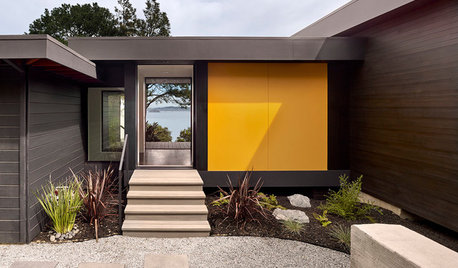
BUDGETING YOUR PROJECTConstruction Contracts: What to Know About Estimates vs. Bids
Understanding how contractors bill for services can help you keep costs down and your project on track
Full Story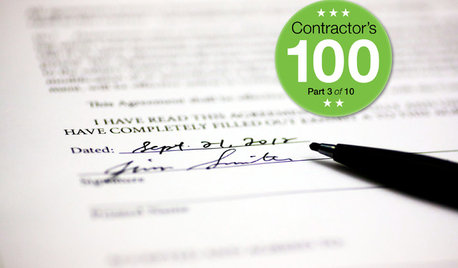
CONTRACTOR TIPSWhat to Look for in a Contractor's Contract
10 basic ingredients for a contract will help pave the way to remodel happiness
Full Story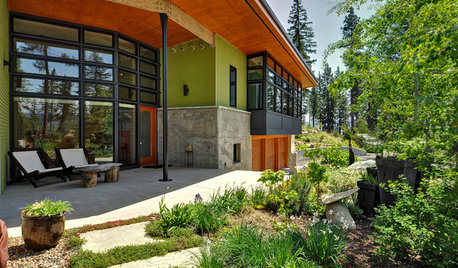
BUDGETING YOUR PROJECTConstruction Contracts: What Are General Conditions?
Here’s what you should know about these behind-the-scenes costs and why your contractor bills for them
Full Story
ARCHITECTUREDesign Practice: Getting Paid
Pro to pro: Learn how to manage contracts and set up the right fee structure for your work
Full Story
LANDSCAPE DESIGNWhat to Know About Landscape Design Service Agreements
Learn about the types of contracts and what they cover to help you set up a smooth working relationship with your designer
Full Story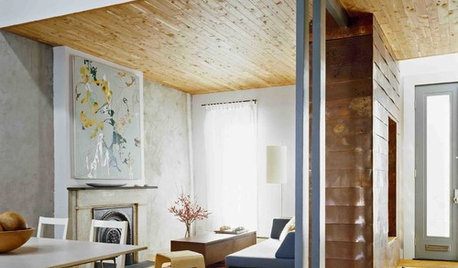
CONTEMPORARY HOMESHouzz Tour: From Doghouse to Contemporary Gem
A broken-down Brooklyn row house becomes a light and innovative beauty at the hands of its architect owner
Full Story
REMODELING GUIDESContractor Tips: What Your Contractor Really Means
Translate your contractor's lingo to get the communication on your home project right
Full Story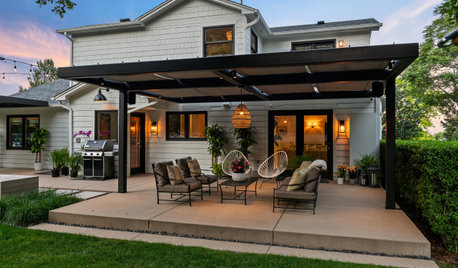
WORKING WITH PROSYour Guide to a Smooth-Running Construction Project
Find out how to save time, money and your sanity when building new or remodeling
Full Story
REMODELING GUIDESWhat to Consider Before Starting Construction
Reduce building hassles by learning how to vet general contractors and compare bids
Full Story
CONTRACTOR TIPSLearn the Lingo of Construction Project Costs
Estimates, bids, ballparks. Know the options and how they’re calculated to get the most accurate project price possible
Full Story


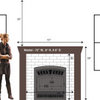



bj_inatlanta
jmagill_zn4
Related Discussions
Receiving invoices/receipts
Q
Builder's Contract
Q
A Few Questions About Cost Plus Contracts
Q
Documentation for out-of-contract charges
Q
jmagill_zn4
mightyanvil
SusanccOriginal Author
kellyeng
anthem
allison0704
worthy
anthem
SusanccOriginal Author
jmagill_zn4
rar1
allison0704
hardwrknmom
allison0704
jmagill_zn4
charliedawg
anthem
hardwrknmom
anthem
hardwrknmom
dixiedoodle
hardwrknmom
worthy
hardwrknmom
luckymom23
worthy
lazypup
mightyanvil
mightyanvil
bj_inatlanta
hardwrknmom
charliedawg
SusanccOriginal Author
mightyanvil
anthem
bj_inatlanta
anthem
calilouie
mightyanvil
SusanccOriginal Author
jmagill_zn4
lindybarts
bj_inatlanta
allison0704
mightyanvil
charliedawg
SusanccOriginal Author
jmagill_zn4